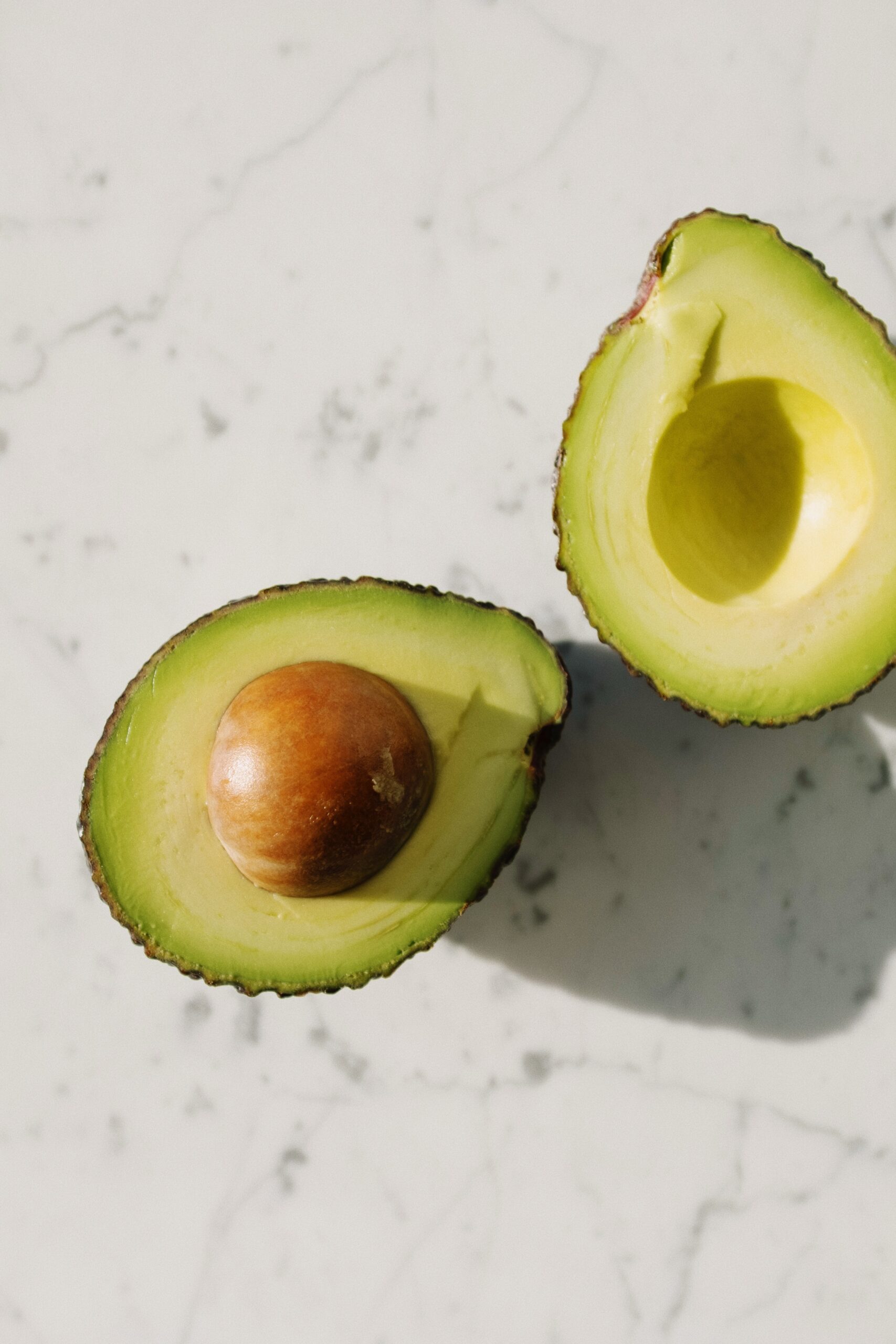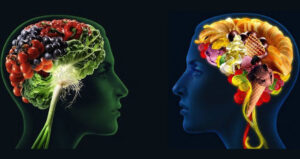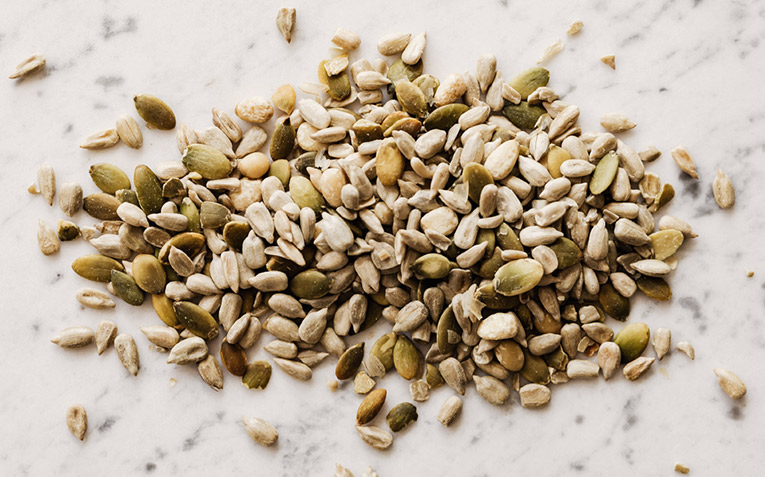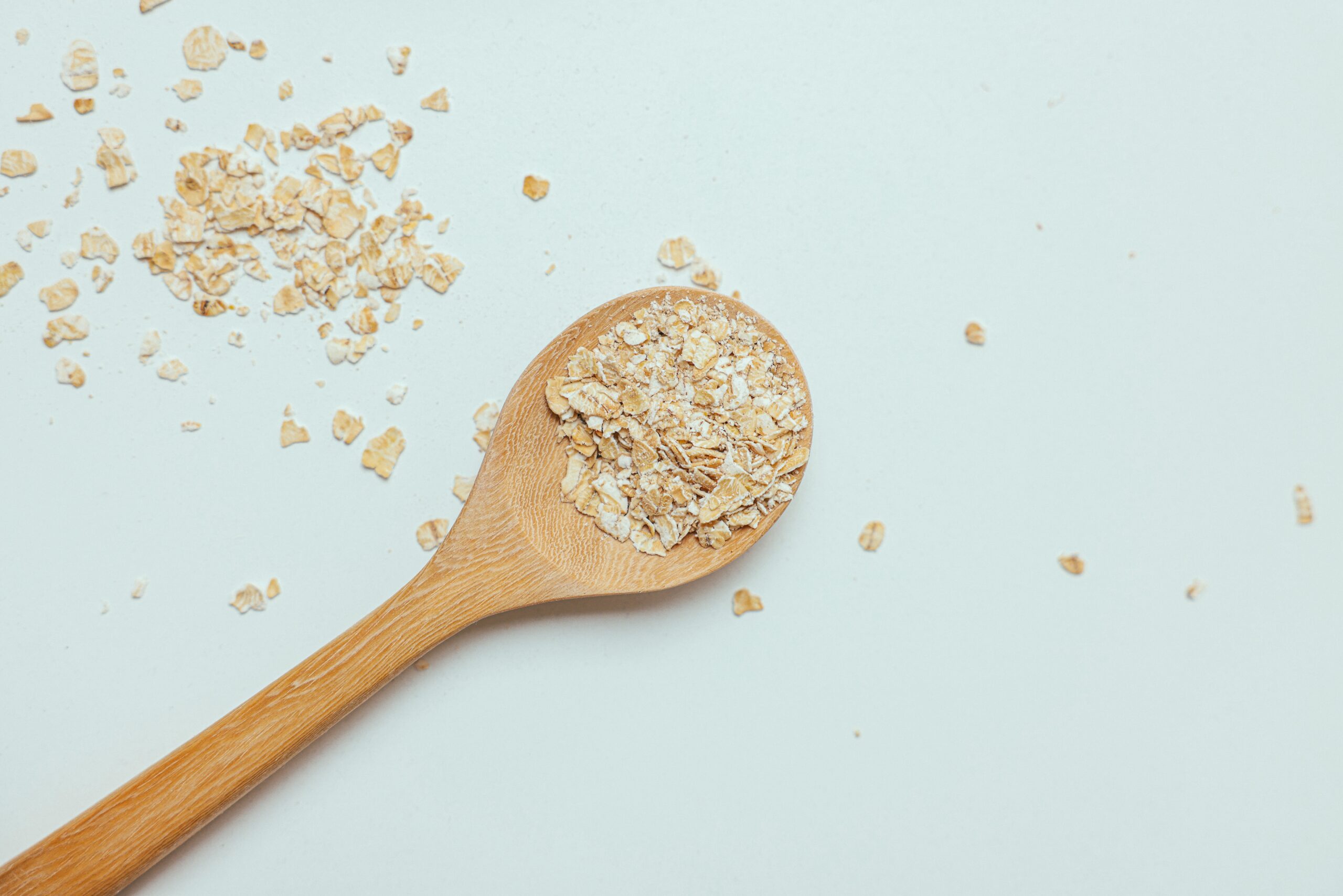Brain Wellness
Diet, exercise, and other aspects of our daily interaction with the environment have the potential to alter our brain health and mental function.

We now know that particular nutrients influence cognition by acting on molecular systems or cellular processes that are vital for maintaining cognitive function. This raises the exciting possibility that dietary manipulations are a viable strategy for enhancing cognitive abilities and protecting the brain from damage, promoting repair, and counteracting the effects of aging.
Brain Foods: The Effects of Nutrients
on Brain Function
Avocados Avocados Avocados
Avocados are a source of vitamins C, E, K, and B6, as well as riboflavin, niacin, folate, pantothenic acid, magnesium, and potassium. They also provide lutein, beta carotene, and omega-3 fatty acids. Avocados contain high levels of healthy, beneficial fats, which can help a person feel fuller between meals.
The Forgotten Fruit: A Case for Consuming Avocado Within the Traditional Mediterranean Diet


Berries (Blueberries, Strawberries, Blackberries, Gooseberries)
Based on the results from recent clinical trials, it can be established that a berry diet rich in antioxidants and bioactive phytochemicals has beneficial effects on hepatic function, increase of insulin sensitivity and high-density lipoproteincholesterol, decrease of serum glucose and low-density lipoprotein.
Recent Research on the Health Benefits of Blueberries and Their Anthocyanins https://www.ncbi.nlm.nih.gov/pmc/articles/PMC7442370/
Coconut
Unlike many other fruits that are high in carbs, coconuts provide mostly fat. They also contain protein, several important minerals, and small amounts of B vitamins. However, they're not a significant source of most other vitamins. The minerals in coconut are involved in many functions in your body. Coconuts are especially high in manganese, which is essential for bone health and the metabolism of carbohydrates, proteins, and cholesterol. They're also rich in copper and iron, which help form red blood cells, as well as selenium, an important antioxidant that protects your cells.
Recent Research on the Health Benefits of Blueberries and Their Anthocyanins
https://www.healthline.com/nutrition/coconut-nutrition#TOC_TITLE_HDR_3


Gut-Brain Health
We now know that particular nutrients influence gut-brain health by acting on molecular systems or cellular processes that are vital for maintaining cognitive function. This raises the exciting possibility that dietary manipulations are a viable strategy for enhancing cognitive abilities and protecting the brain from damage, promoting repair, and counteracting the effects of aging with food based therapy.
Brain Foods: The Effects of Nutrients on Brain Function https://miamiwellnessacademy.com/courses/gut-brain-health
Leafy Greens
Green, leafy vegetables. Leafy greens such as kale, spinach, collards, and broccoli are rich in brain-healthy nutrients like vitamin K, lutein, folate, and beta carotene. Research suggests these plant-based foods may help slow cognitive decline.
Leafy greens contribute to a healthy heart in a number of ways. They contain potassium, which lowers high blood pressure; fiber, which keeps cholesterol in check; and folate, which protects against heart disease and stroke.
The 13 Healthiest Leafy Green Vegetables https://www.healthline.com/nutrition/leafy-green-vegetables#TOC_TITLE_HDR 2
Seeds (Chia, Flax, Hemp, Pumpkin,
Sesame, Sunflower)
Seeds contain all the starting materials necessary to develop into complex plants. Because of this, they are extremely nutritious. Seeds are great sources of fiber. They also contain healthy monounsaturated fats, polyunsaturated fats and many important vitamins, minerals and antioxidants.
6 Super Healthy Seeds You Should Eat


Nuts (Walnuts, Cashews, Pecans, Almonds)
Nuts are good sources of healthy fats (such as monounsaturated and polyunsaturated fats), and are low in (unhealthy) saturated fats. This combination of nuts heart healthy - they help to reduce low density lipoprotein (LDL) cholesterol, (known as cholesterol) in the body. Nuts are packed with healthy fats, fiber and protein, and they re a great source of many important nutrients and antioxidants. Whats more, studies have shown that eating nuts has several health benefits, including lowering cholesterol, blood pressure and blood sugar. (Avoid peanuts.)
The 10 Healthiest Nuts You Can Eat, According To Nutritionists
https://www.womenshealthmag.com/food/a19927206/healthy-nuts-to-eat/
Chocolate (Cacao)
Dark chocolate is loaded with nutrients that can positively affect your health. Made from the seed of the cacao tree, it's one of the best sources of antioxidants you can find. Studies show that dark chocolate can improve your health and lower the risk of heart disease.
7 Proven Health Benefits of Dark Chocolate
https://www.healthline.com/nutrition/7-health-benefits-darkchocolate#TOC_TITLE_HDR 4

Whole Fruits
Whole fruits are recognized for their fiber content, very low to moderate energy density, and as being important sources of healthy nutrients (e.g., potassium and vitamin C) and phytochemicals (e.g., polyphenols and carotenoids), which work synergistically to support a wide range.
Studies show that eating fruit whole gives you the most of this food group's potential benefits, like helping to prevent heart disease, stroke and some types of cancer.
Whole Fruits and Fruit Fiber Emerging Health Effects
Green Tea
The health-promoting effects of green tea are mainly attributed to its polyphenol content, particularly flavanols and flavonols, which represent 30% of fresh leaf dry weight. Recently, many of the aforementioned beneficial effects of green tea were attributed to its most abundant catechin. Green tea consumption has also been linked to the prevention of many types of cancer, including lung, colon, esophagus, mouth, stomach, small intestine, kidney, pancreas, and mammary glands. Several epidemiological studies and clinical trials showed that green tea (and black and Oolong teas to a lesser extent) may reduce the risk of many chronic diseases.
Beneficial effects of green tea: A literature review


Herbs (Sage, Basil)
Herbs come from the leaves of plants. Examples include basil, sage, cilantro, and parsley. Spices can come from every other part of the plant, such as the root, flower, fruit, seed, and bark. They typically have a more potent flavor than herbs. Common examples of spices include cumin, cloves, cinnamon, turmeric, pepper, thyme, rosemary, and nutmeg.
10 of the healthiest herbs and spices and their health benefits
https://www.medicalnewstoday.com/articles/healthy-herbs-and-spices
Egg Yolk
Both the egg white and yolk are rich in nutrients, including proteins, vitamins and minerals. The yolk contains fat-soluble vitamins (such as vitamins D and E) and essential fatty acids, while most of the protein is found in the egg white. Eggs have been recognized as functional foods due to the presence of bioactive components, which may play a role in the prevention of chronic and infectious diseases. The presence of antimicrobial, antioxidant, anti-cancer and hypotensive properties.
The Golden Egg: Nutritional Value, Bioactivities, and Emerging Benefits for Human Health

Fatty Fish
Oily fish is rich in omega-3 polyunsaturated fatty acids, which have been shown to reduce inflammation and potentially lower the risk of heart disease, cancer, and arthritis. Both white and oily fish are good sources of lean protein. Also called oily fish, fatty fish are the best sources of two of the three most important omega-3s (EPA and DHA). These fatty acids are considered the good, fats, unlike the bad saturated fats in meat. They may deliver huge health benefits for your heart, brain, lungs, and circulation.
11 Evidence-Based Health Benefits of Eating Fish
https://www.healthline.com/nutrition/11-health-benefits-of-fish#TOC_TITLE_H DR3
Oats (Steel Cut)
Oats are loaded with dietary fiber (containing more than many other grains) and have a range of healthy cholesterol-lowering properties. A paper published in the American Journal of Lifestyle Medicine in 2008, assessed a number of studies across more than a decade. They found that eating foods rich in whole-oat sources of soluble fiber (oats, oat bran, and oat flour) may help reduce the risk of coronary heart disease. They concluded:
"Consumption of oats and oat-based products significantly reduces total cholesterol and low-density lipoprotein cholesterol concentrations without adverse effects on high-density lipoprotein cholesterol or triglyceride concentrations."
Are oats good for you?


Mushrooms
Mushrooms are a rich, low calorie source of fiber, protein, and antioxidants. They may also mitigate the risk of developing serious health conditions, such as Alzheimer heart disease, cancer, and diabetes. They re also great sources of: Selenium.
Studies show that mushrooms possess various bioactivities, such as antioxidant, anti-inflammatory, anticancer, immunomodulatory, antimicrobial, hepatoprotective, and antidiabetic properties.
List of Mushroom Varieties from A to Z
https://www.gardeningchannel.com/list-of-mushroom-types-from-a-to-z/

